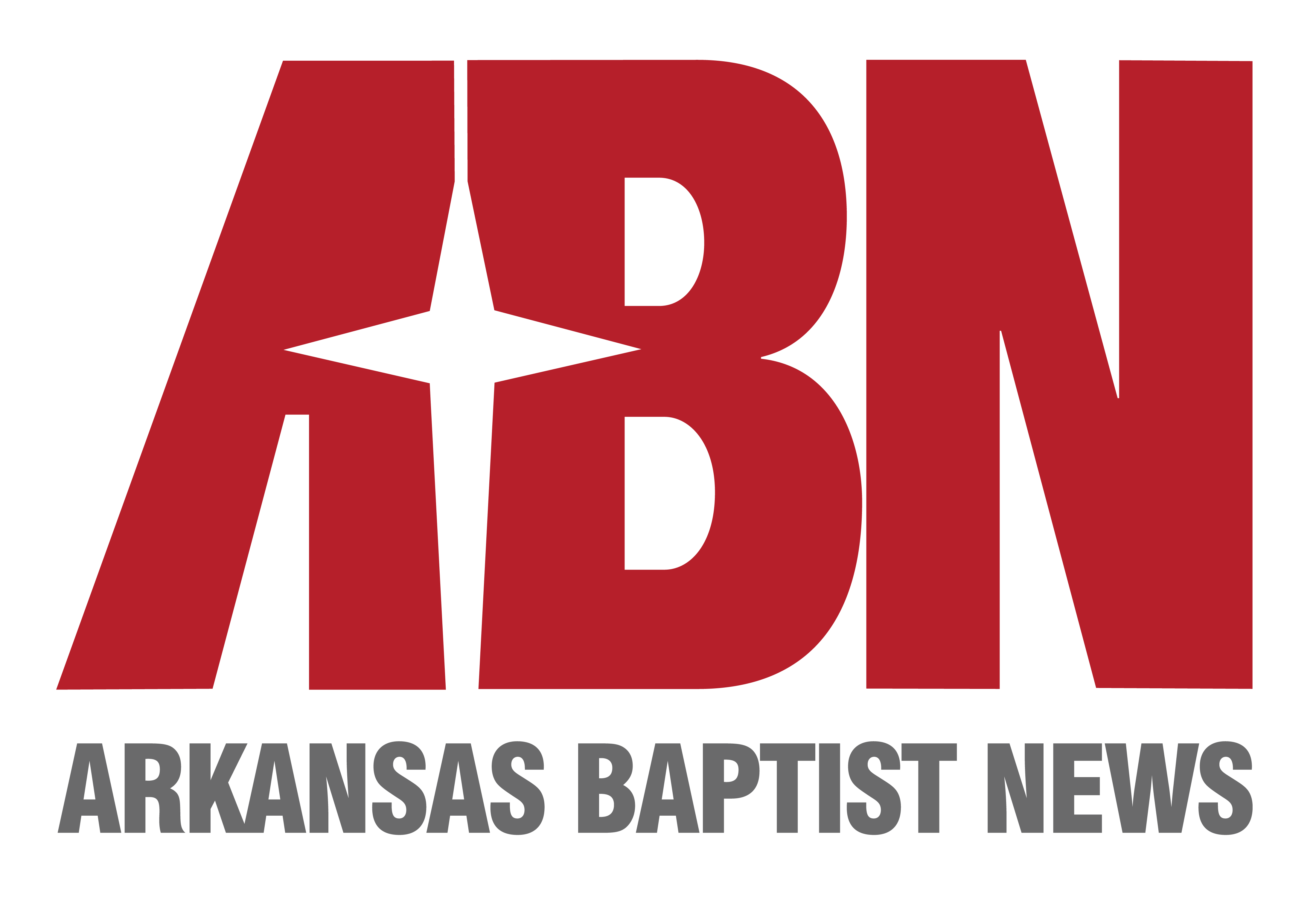When we experience a new technology or innovation, we often believe the ethical challenges we encounter are brand new and may even require a novel way of doing ethics. While the certain challenges posed by these technologies may be new and at times can be overwhelming, the Christian ethic is more than adequate to address the core issues at stake and provide a path forward through the confusion. Dr. Brian Brock writes Christian Ethics in a Technological Age to remind Christians that our ethic is grounded in the life of the church and is robust enough for even the toughest challenges of this age.
Brock seeks to define a Christian ethic for technology that allows the church to live out its calling as the body of Christ through the worship of God and take responsibility for how these innovations will naturally alter our society for both good and ill. As technology breaks humanity down and seeks to reformulate us, Christ’s transformation heals both humanity and the world around us (27). A distinctly Christian ethic will reorient humans to God and to creation as God’s creatures who dwell secure in him.
Brian Brock is a professor of practical and moral theology at the University of Aberdeen in Scotland and also serves as the managing editor of the Journal of Religion and Disability. In Christian Ethics in a Technological Age, Brock has written one of the most substantive volumes on Christian ethics and technology to date. He argues that the deepest challenge to Christian faith in a technological age is its questioning of modern certainties about the relation of knowledge to belief and activity (4).
To him, Christian ethics is not a derivation of moral claims from creedal affirmations, but rather a formed faith that reveals creation as it really is, as described by the creeds (4-5). In this volume, he also seeks to define technology as “a mode of human action into which we are born, an idiom of relation to creation and the neighbor,” as he provides a path forward for the church to engage in the pressing challenges and questions being posed about the nature of technology today (193). This definition ties into his emphasis throughout the work on the relational nature and understanding of technology in the life of human beings.
Need for a Christian ethic
It is important to note that Brock casts his vision of Christian ethics in a technological age, rather than the technological age–addressing the obvious temptation for each generation to think of their time as the technological. This subtle shift in rhetoric and titling seems to be an intentional move given Brock’s emphasis on an ethic flowing out of the church into this technological age rather than something to be recreated in order to address the pressing questions of technology in society.
Often when technology and ethics are discussed, the assumption is that modern technology poses some type of existential threat to humanity and that our ethical systems must be updated in order to engage effectively. But as Brock builds out his case for Christian ethics, there is a noticeable peace and confidence in his tone, which speaks to how and where he is grounding his engagement on these issues.
This article was written by Jason Thacker. Jason serves as chair of research in technology ethics and creative director at ERLC. The article was originally published at erlc.com.


